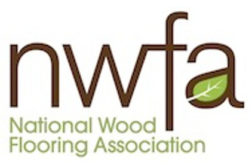Home » Lumber
Articles Tagged with ''Lumber''
We’re rolling out the red carpet of flooring knowledge!
Stay in the know on the latest flooring retail trends.
JOIN TODAY!Copyright ©2024. All Rights Reserved BNP Media.
Design, CMS, Hosting & Web Development :: ePublishing







